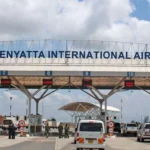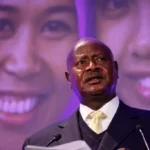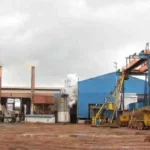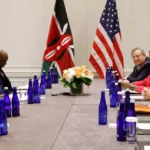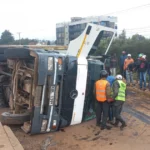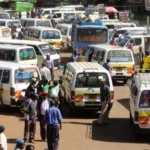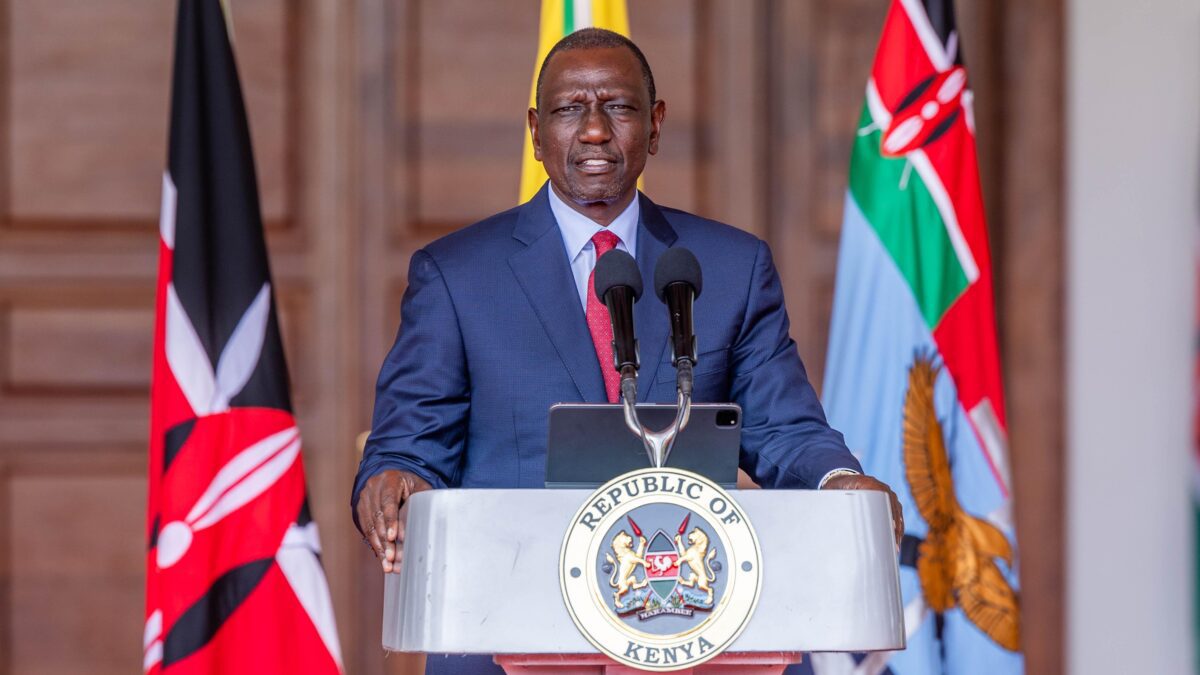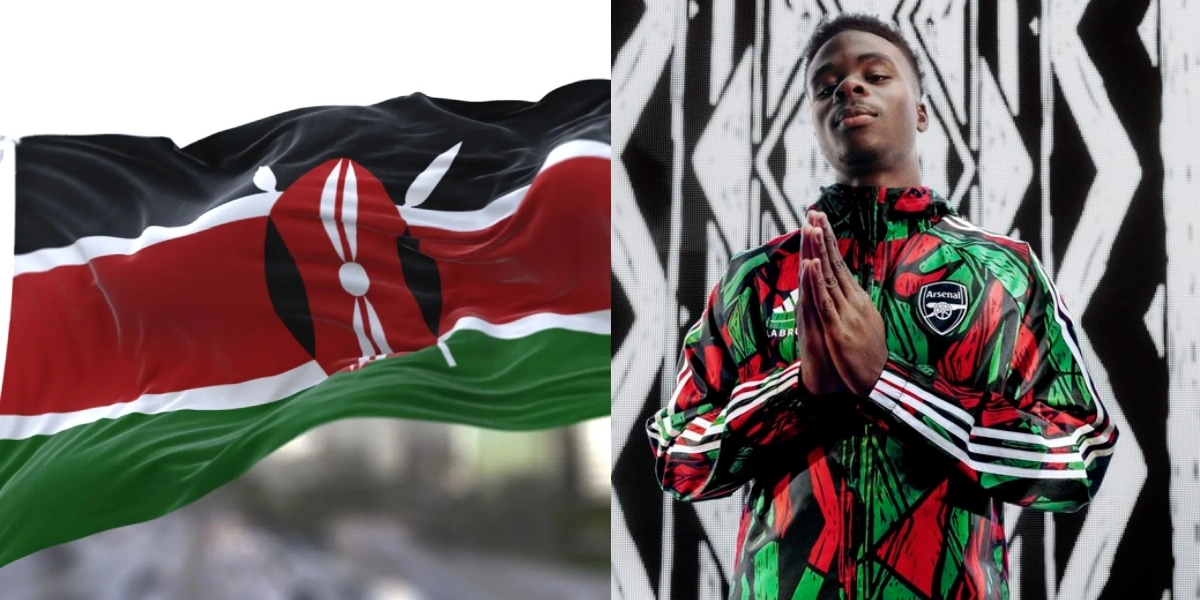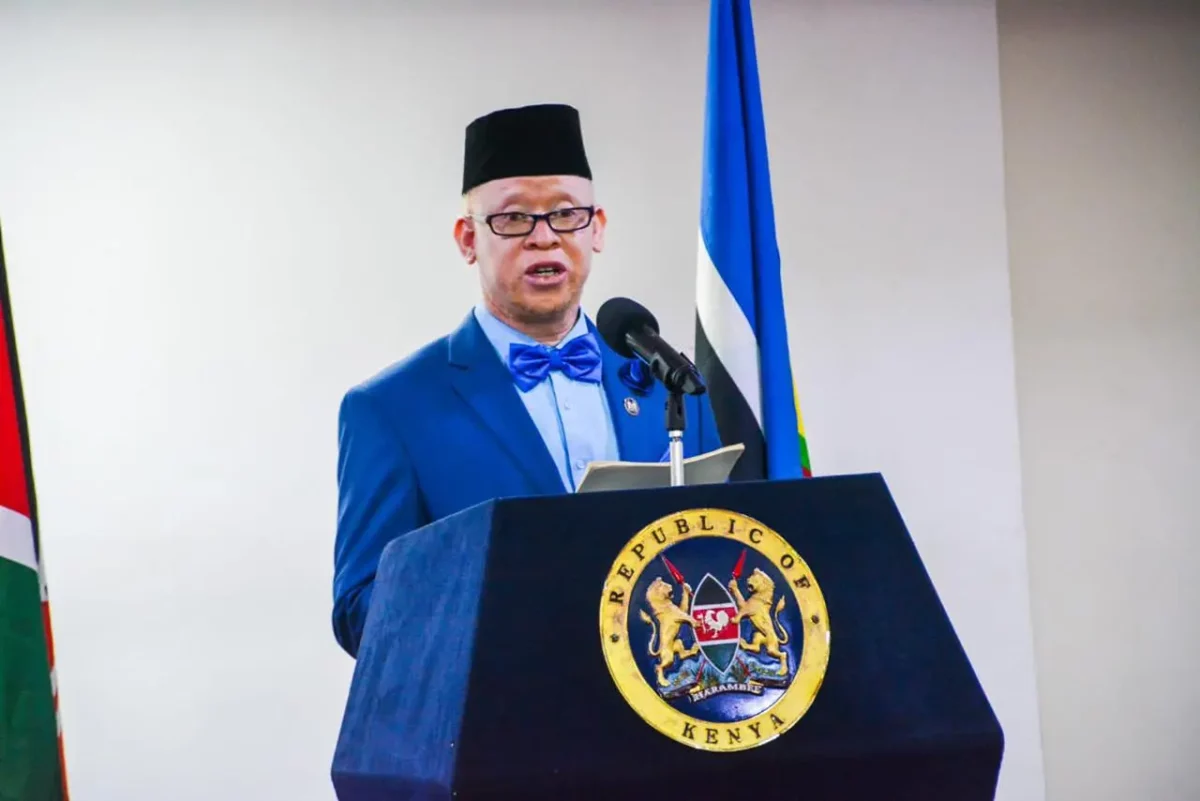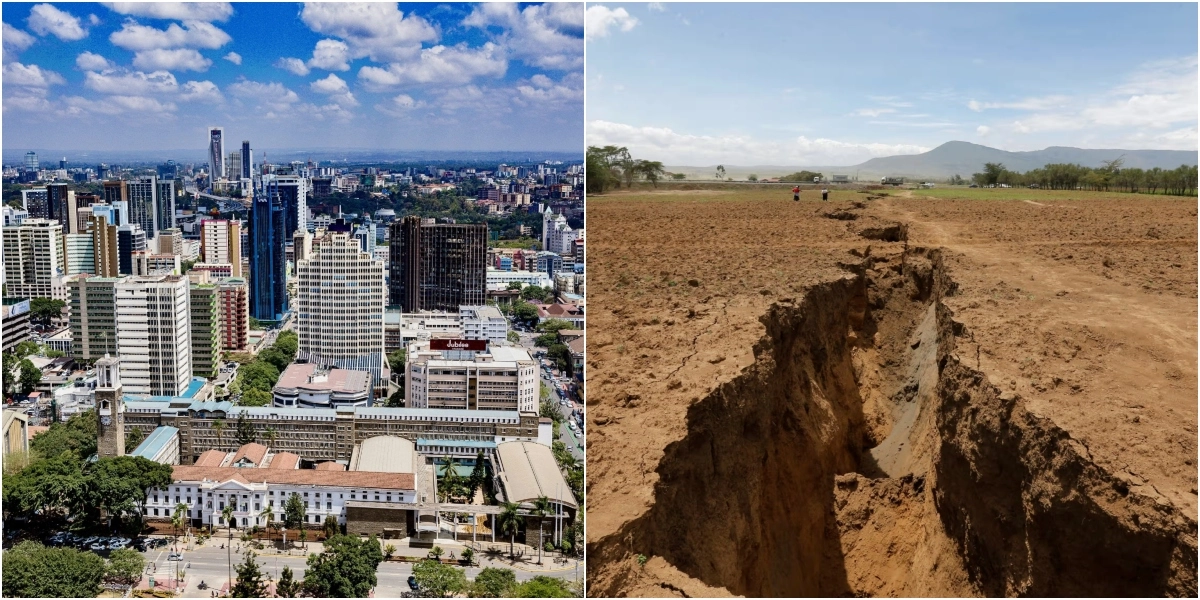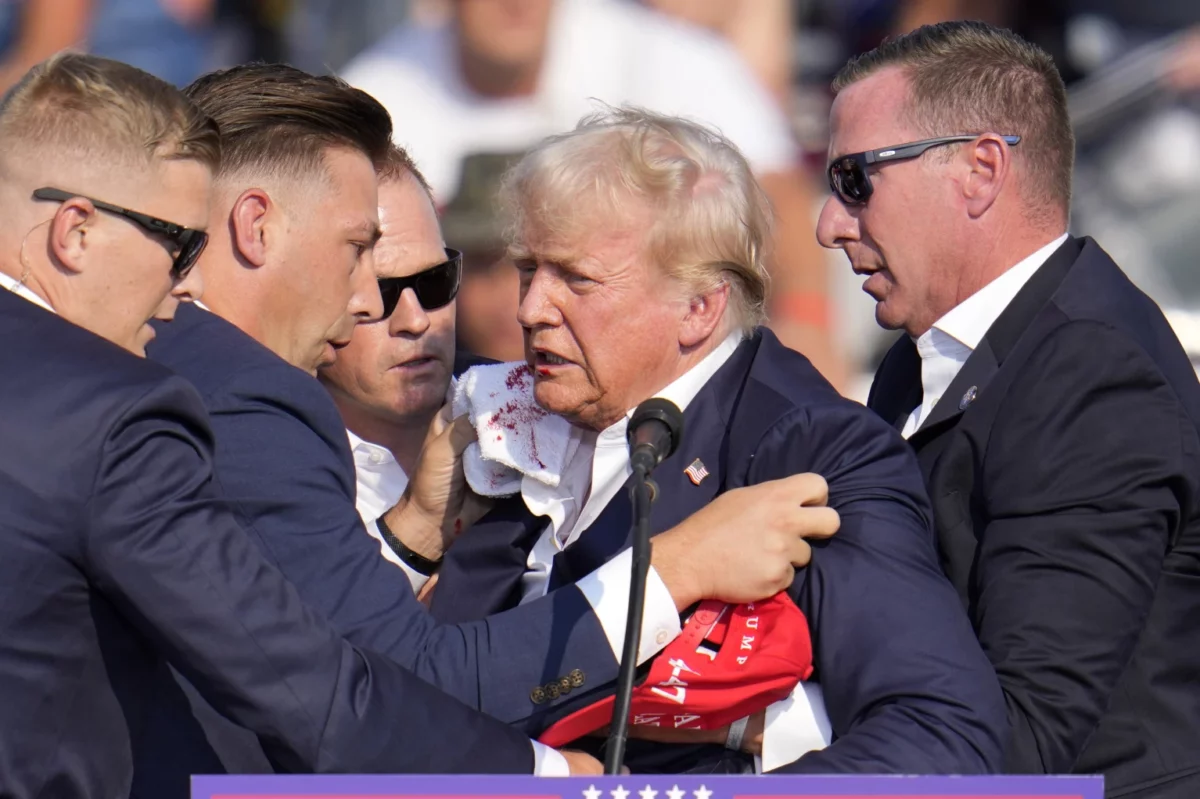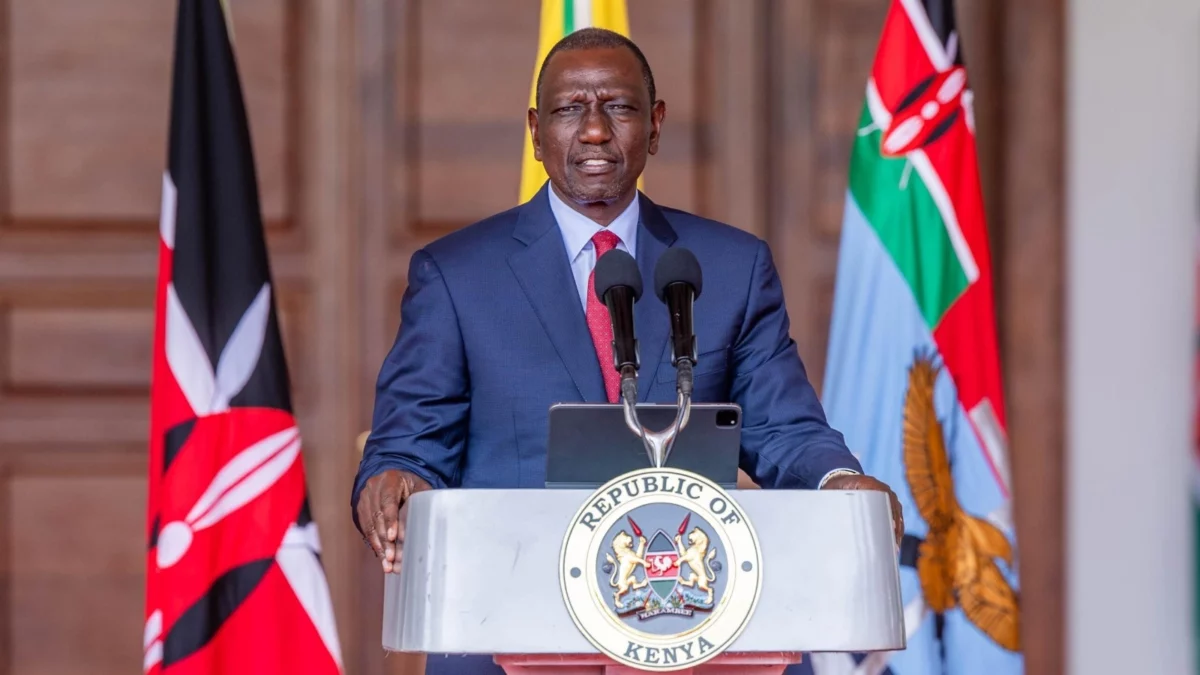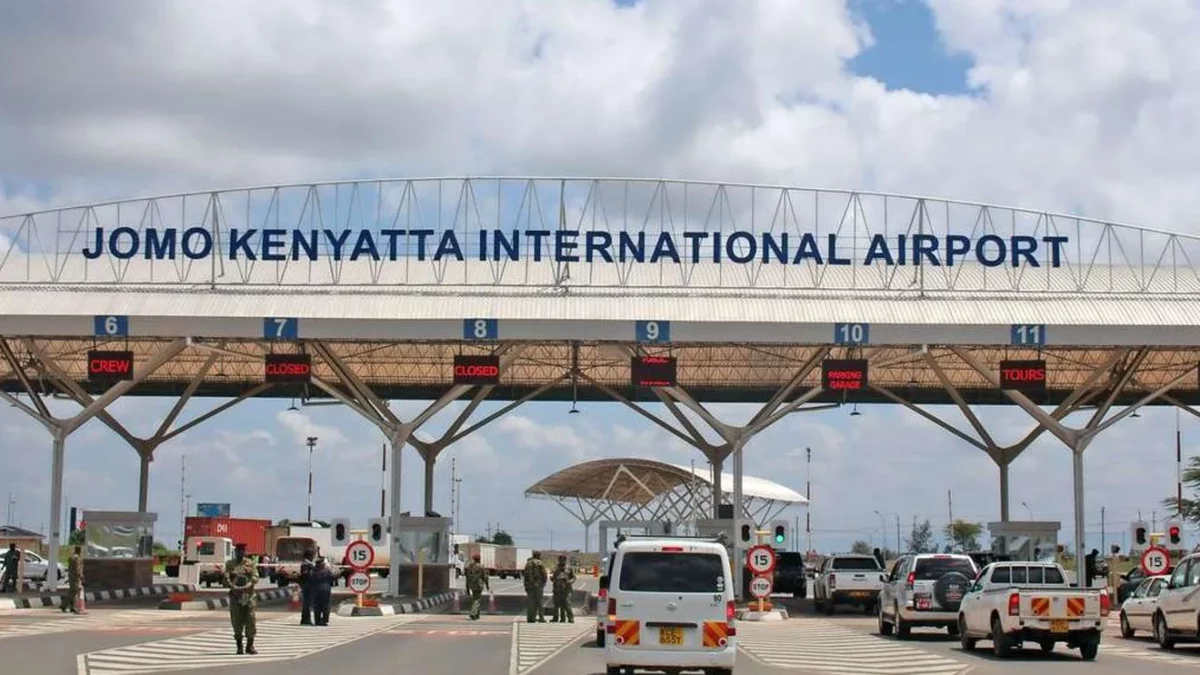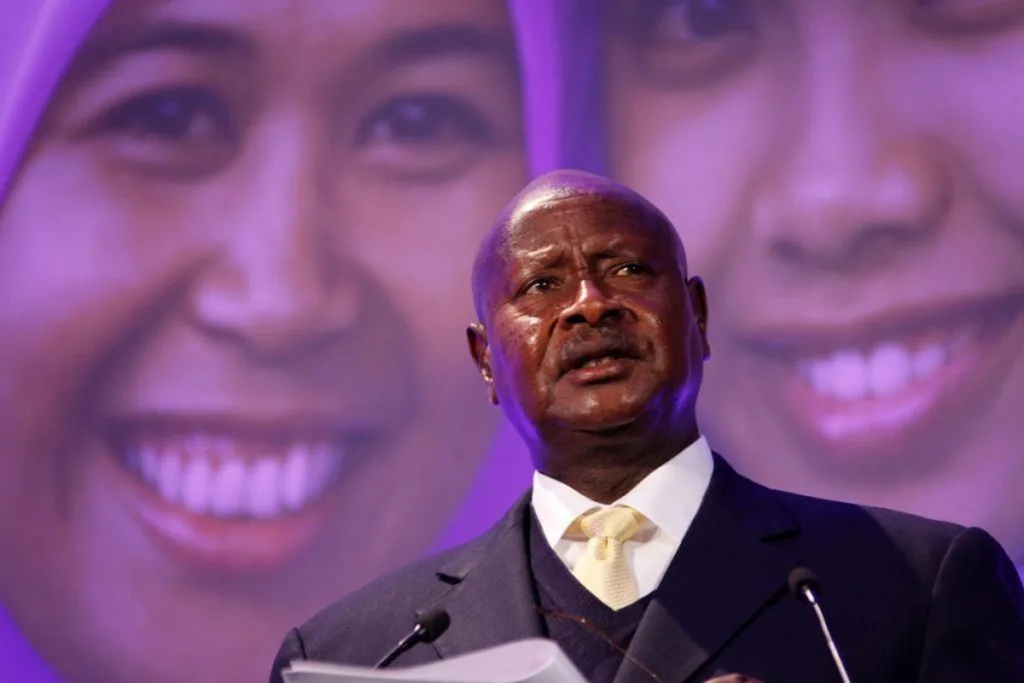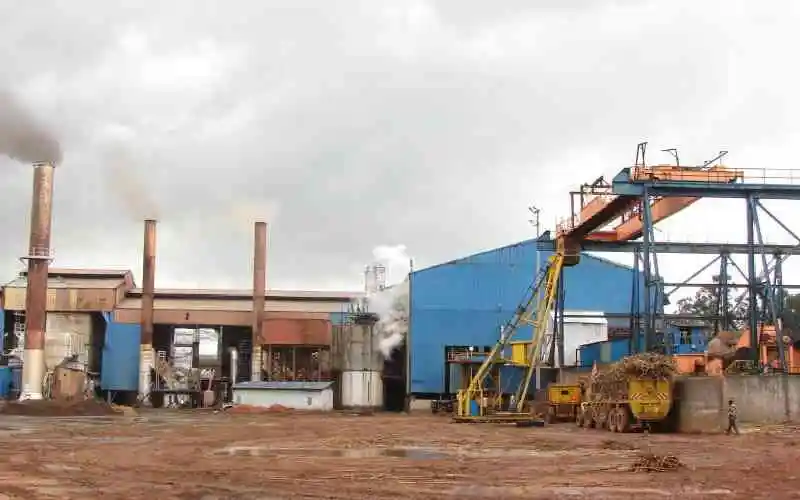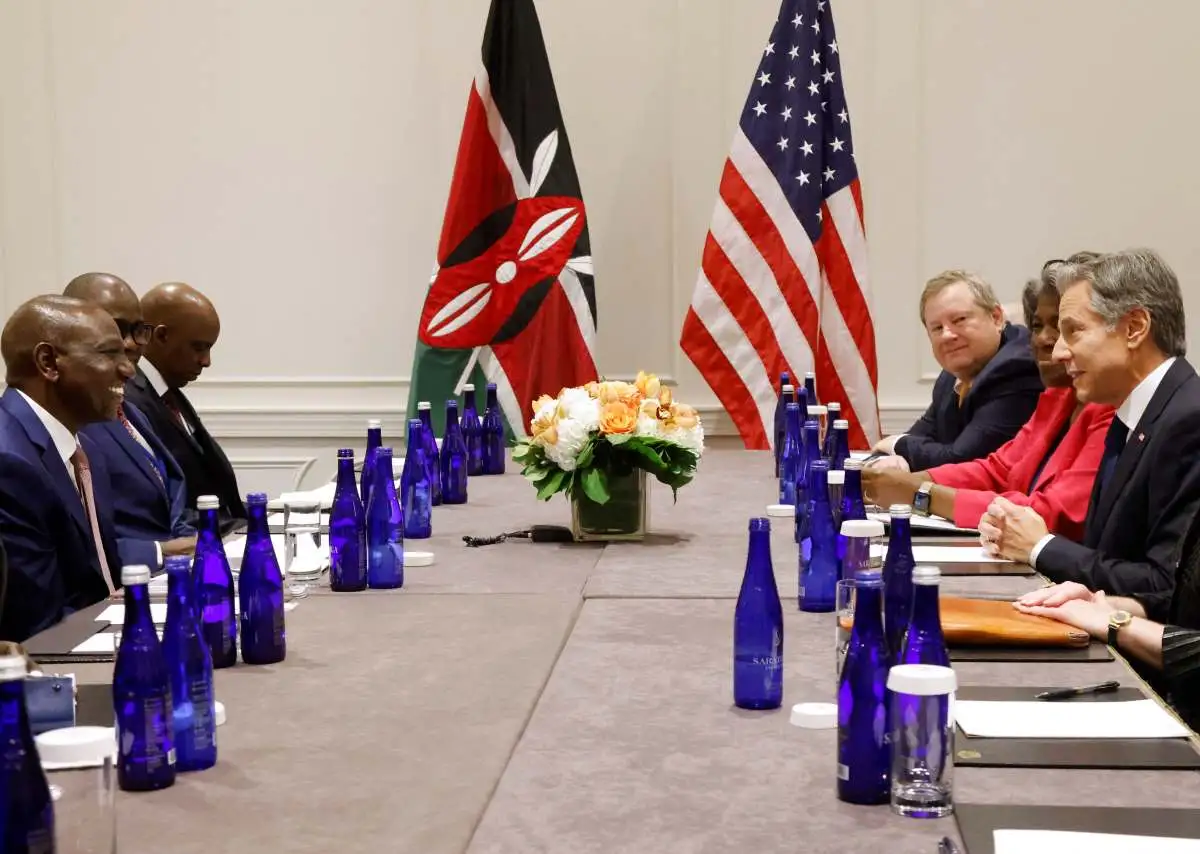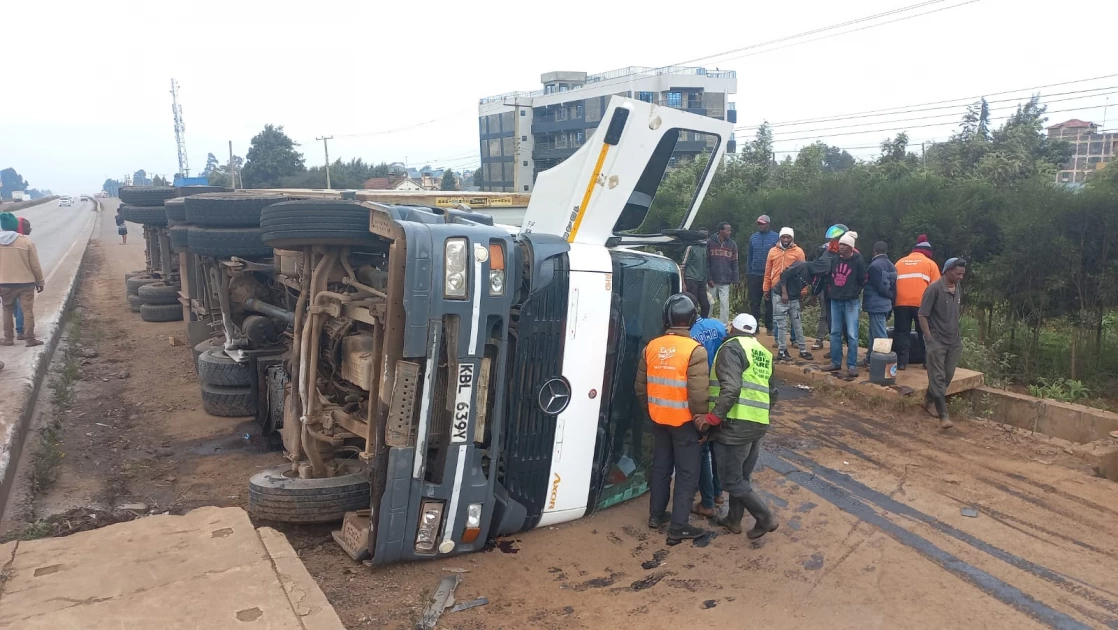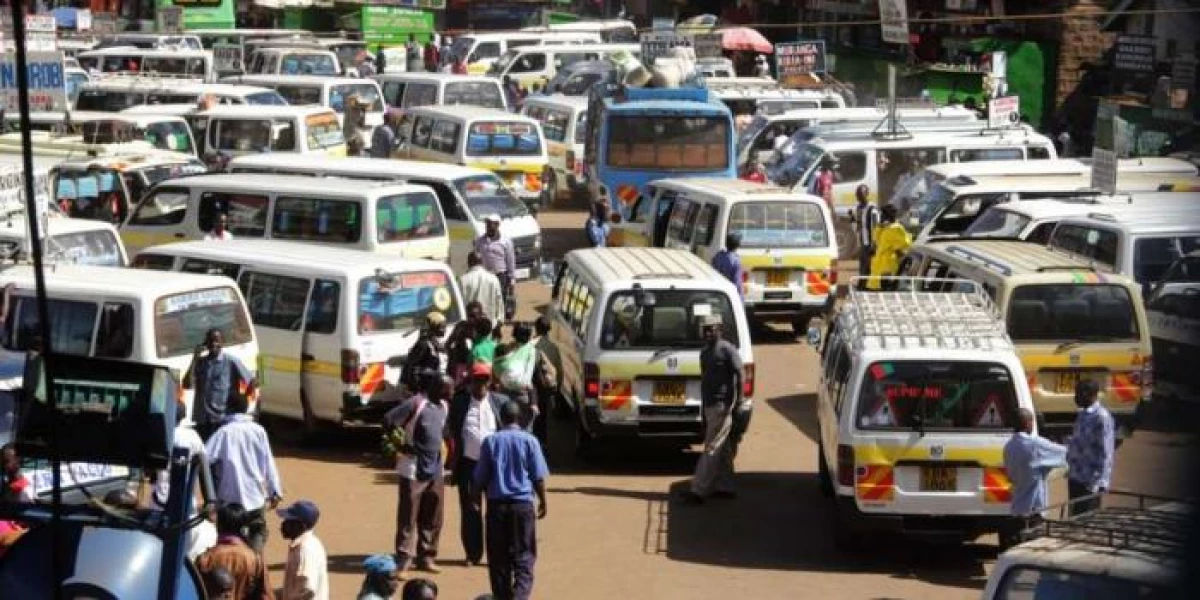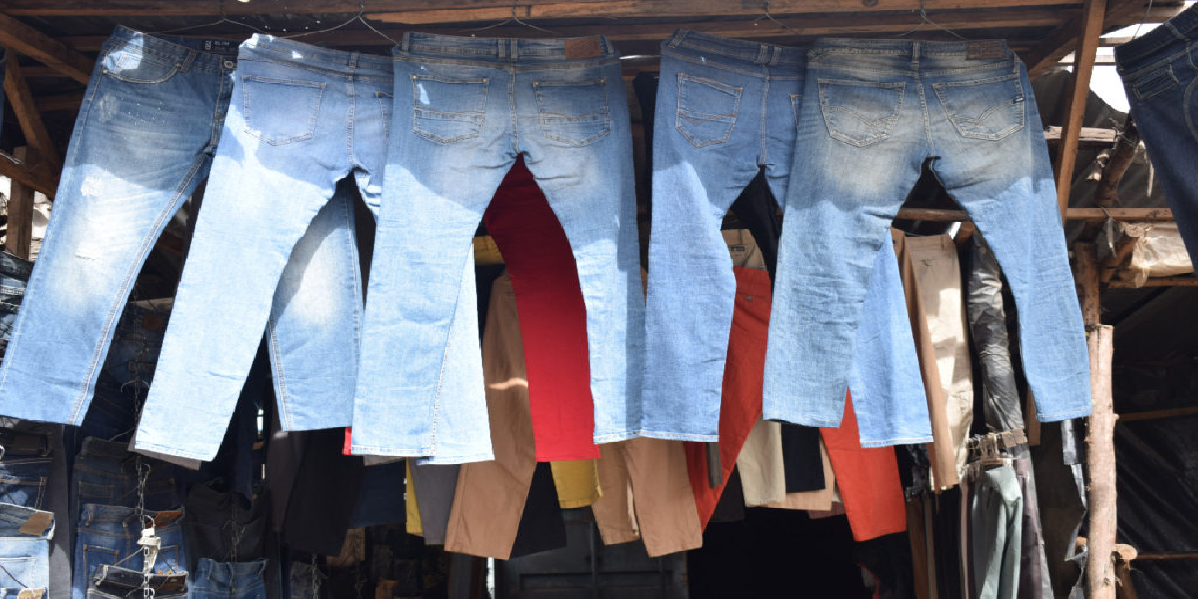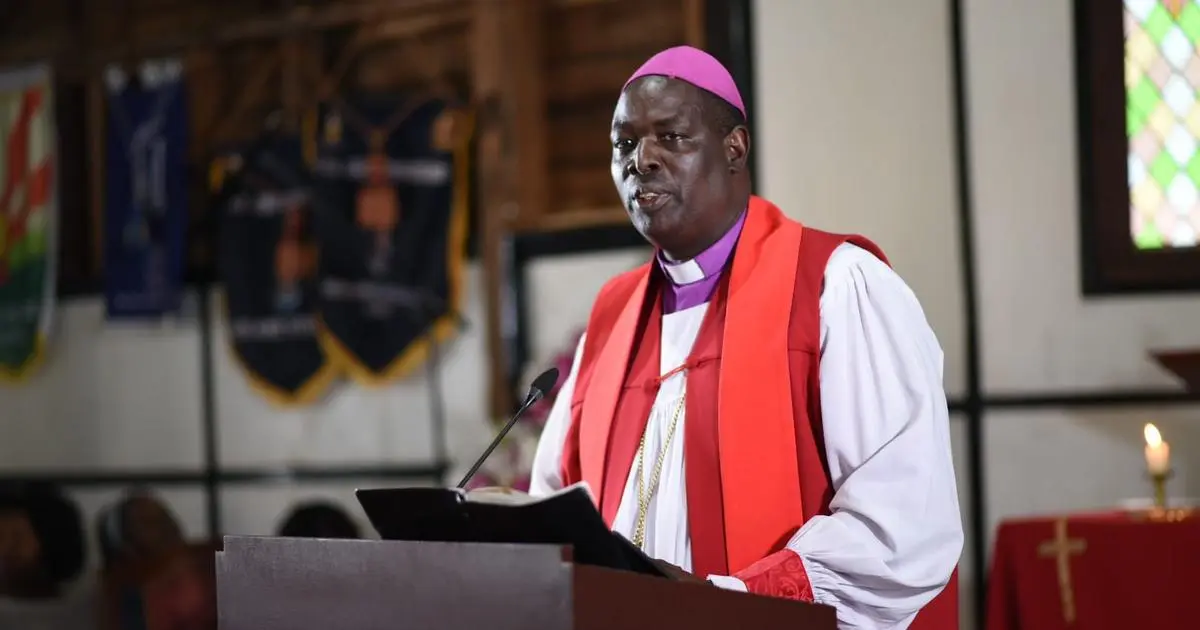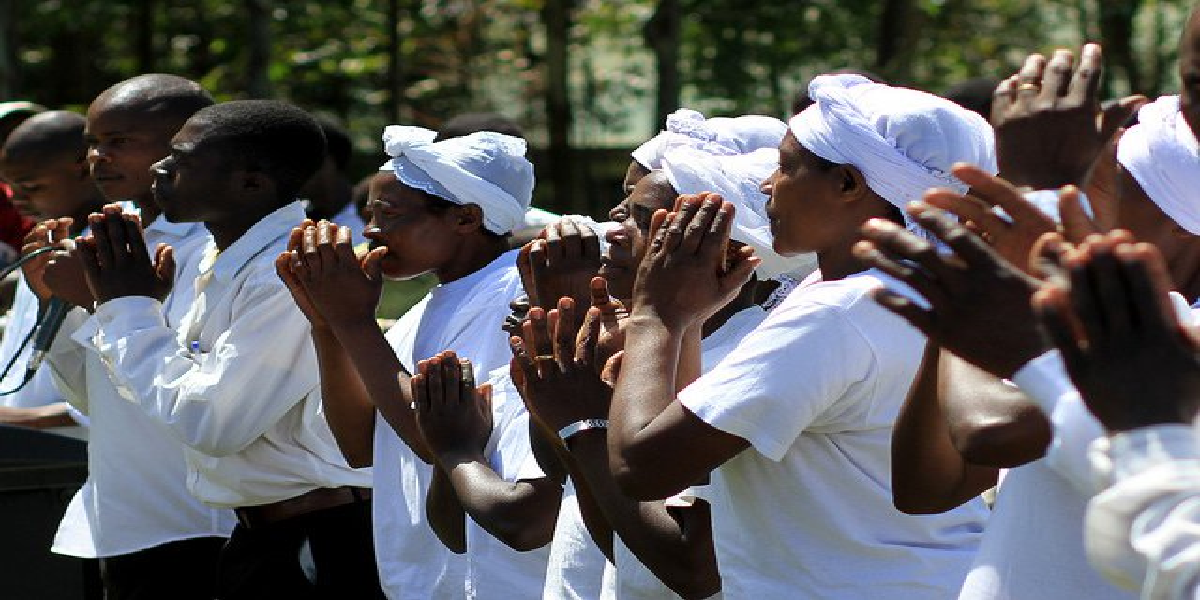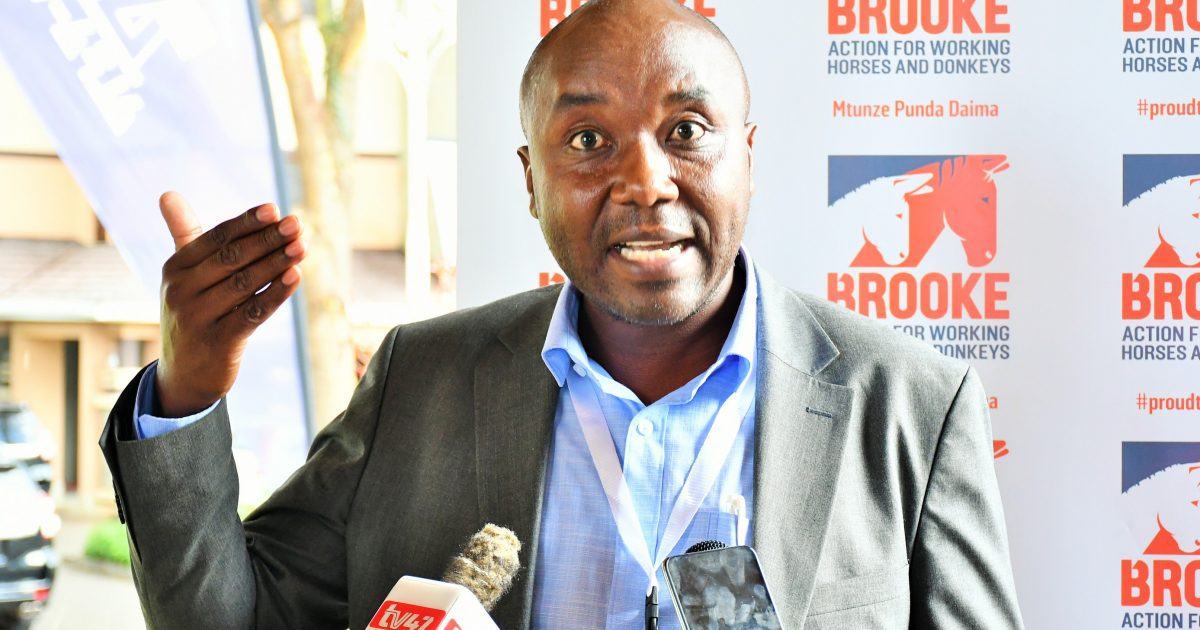
Kenya’s National Donkey Welfare Day is celebrated on 17 May every year in five counties: Kisumu, Nyandarua, Kajiado, Nakuru, and Kitui.
It is a national day where different animal welfare stakeholders demonstrate a collective commitment to defending the donkeys.
This year’s theme ‘Recognizing the role of the donkey in economic development is aimed at cultivating the importance of donkey in the communities across the region.
 Leonard
Leonard
Kagwe, Donkey owner during the National Donkey Day celebration in Ruai area.
[Cynthia Kenyani/Switchmedia]
According to the Brooke East Africa Regional Director, Dr Raphael Kinoti said that the recognition of the donkeys has been neglected by the government.
“Donkeys have zoonotic diseases which
can spread to human beings and lead to serious health diseases and they are neglected for vaccination. County governments should plan to consider the donkey welfare too,” he said.
Dr Kinoti attributes the rise of the donkey trade to the porous borders and lack of unified integration on security matters.
“We tend to believe that the trade has been facilitated by the perennial conflict in the region which has created an avenue for the trade. We call upon the government to tighten security in the region and help protect the donkey which is a key source of income for most locals.”
Donkeys are often used in marginalized areas for transport, delivering goods to the market, and collecting water from the well.
“As of now 32 of the 47 counties are in arid and semi-arid areas. They are a major means of transport mostly for water and unlock movement where transport is locked. In so doing, they support communities” Kinoti pointed out,” Kinoti added.
The beast of burden has remained to be affordable and guardian animals by supporting the agriculture sector there keeping the economy moving and supporting the communities in their day-to-day lives.
“Up to ten million communities in the developing world rely on working donkeys, and where donkeys are stolen it
almost always falls to women and girls to pick up the ‘donkey work’ left
behind,” comments Kinoti.
Although the benefits of donkeys are known, the threat of donkey slaughterhouses and the skin trade are a major challenge.
“It is estimated that more than 4.8 million donkeys are trafficked and slaughtered for their skins each year,” Kinoti said.
In 2020, the government banned donkey slaughterhouses over the raised concerns of theft cases.
“Despite the ban on the exportation of donkey skin and hides within the region, we are still witnessing a number of cases where the trade on these commodities is still thriving. The key areas are in Lodwar in Turkana county.” Kinoti said.
The director also called for regional integration to curb donkey product smuggling which has greatly contributed to a decrease in donkey numbers associated with theft, slaughter, and trade of meat and donkey skin.
“There is emerging poaching for donkeys where the animal is stolen and slaughtered for meat, while some people who support the trade want to breed as a measure to increase their numbers, the breeding technology is not available, and twinning in donkeys is very rear, not to mention their gestation period that is between 12-14 months,” Dr Kinoti concludes.
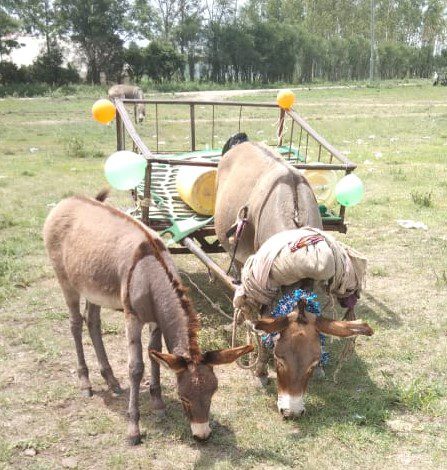
At least 20 counties held celebrations focusing on distributing advice and information on donkey welfare, management, and husbandry to owners and users, providing veterinary treatment to donkeys in need, and sharing ideas about donkey welfare.
“The celebrations involve market clean-up, treatment clinics, donkey wound management, and tree planting in other counties” explained Dr Samantha Opere, the Project Manager of KENDAT.
“most of the donkeys in urban area (Stage 26, Kamulu) transport hardware to the various construction site and also water transportation in the area, at times there are road accidents because they cross the road, so we’ve offered reflectors to donkey owners especially when they are using the road,” Opere added.
According to Titus Sagala, Chairman; of the Alliance of Donkey Welfare Organizations in Kenya [ADWOK].
This year therefore we celebrate these unique and heroic donkeys by taking time to reflect on their roles and contribution for it is in these reflections that we really see and appreciate the true value of the donkey and why we collectively should preserve and protect the donkey at all costs including from the threat of donkey skin trade.


